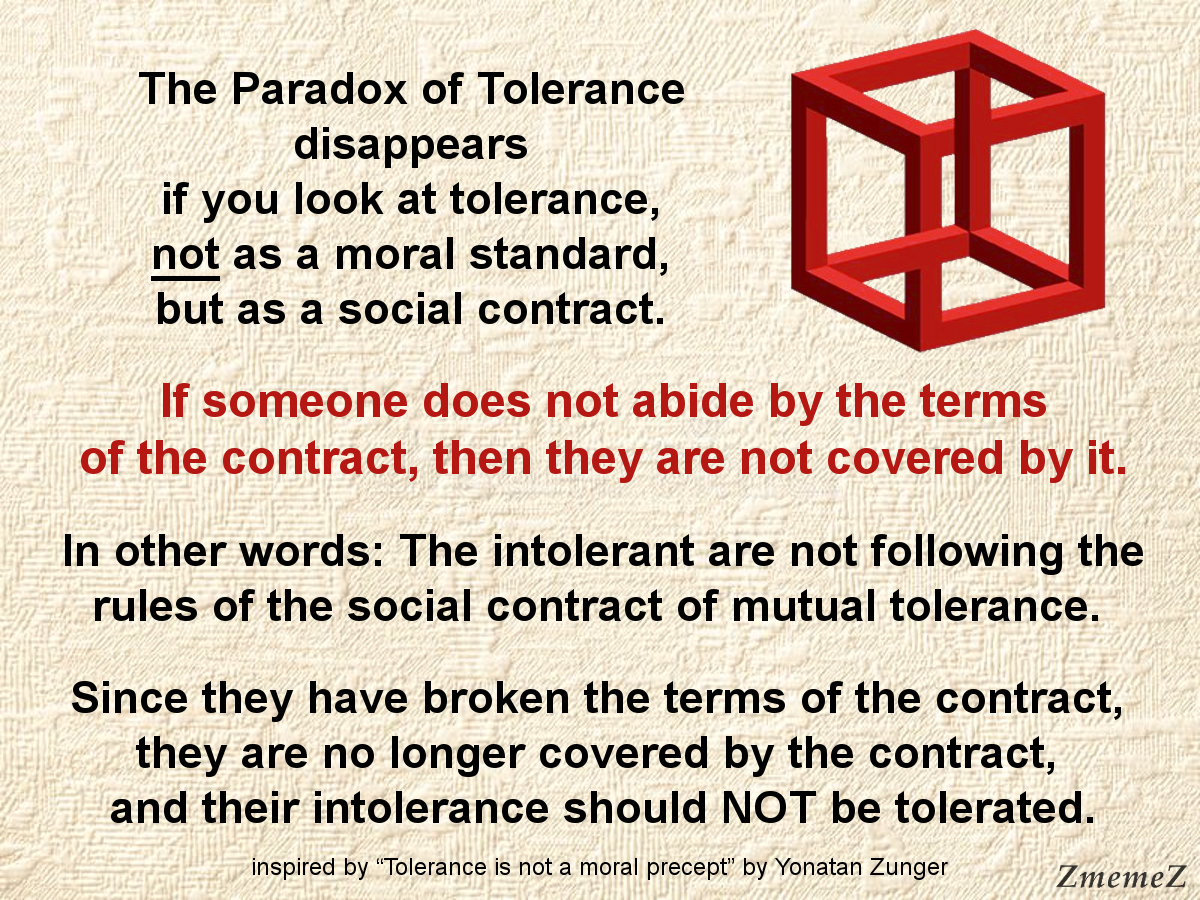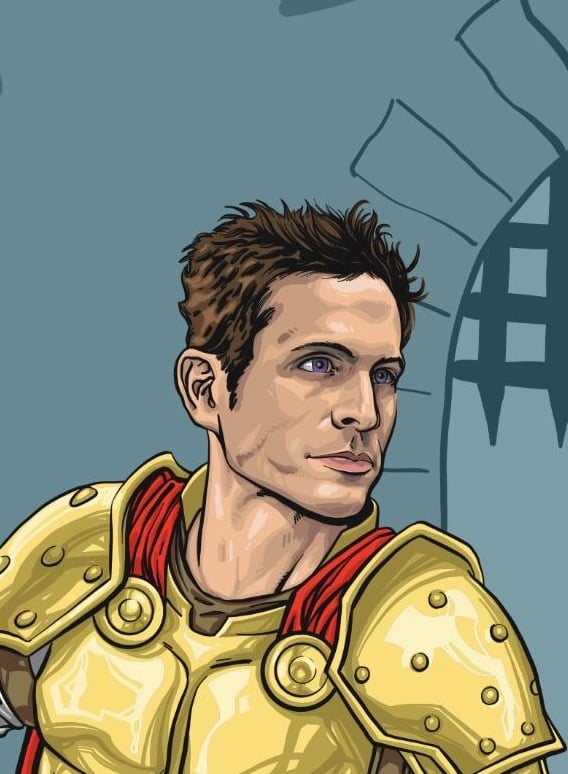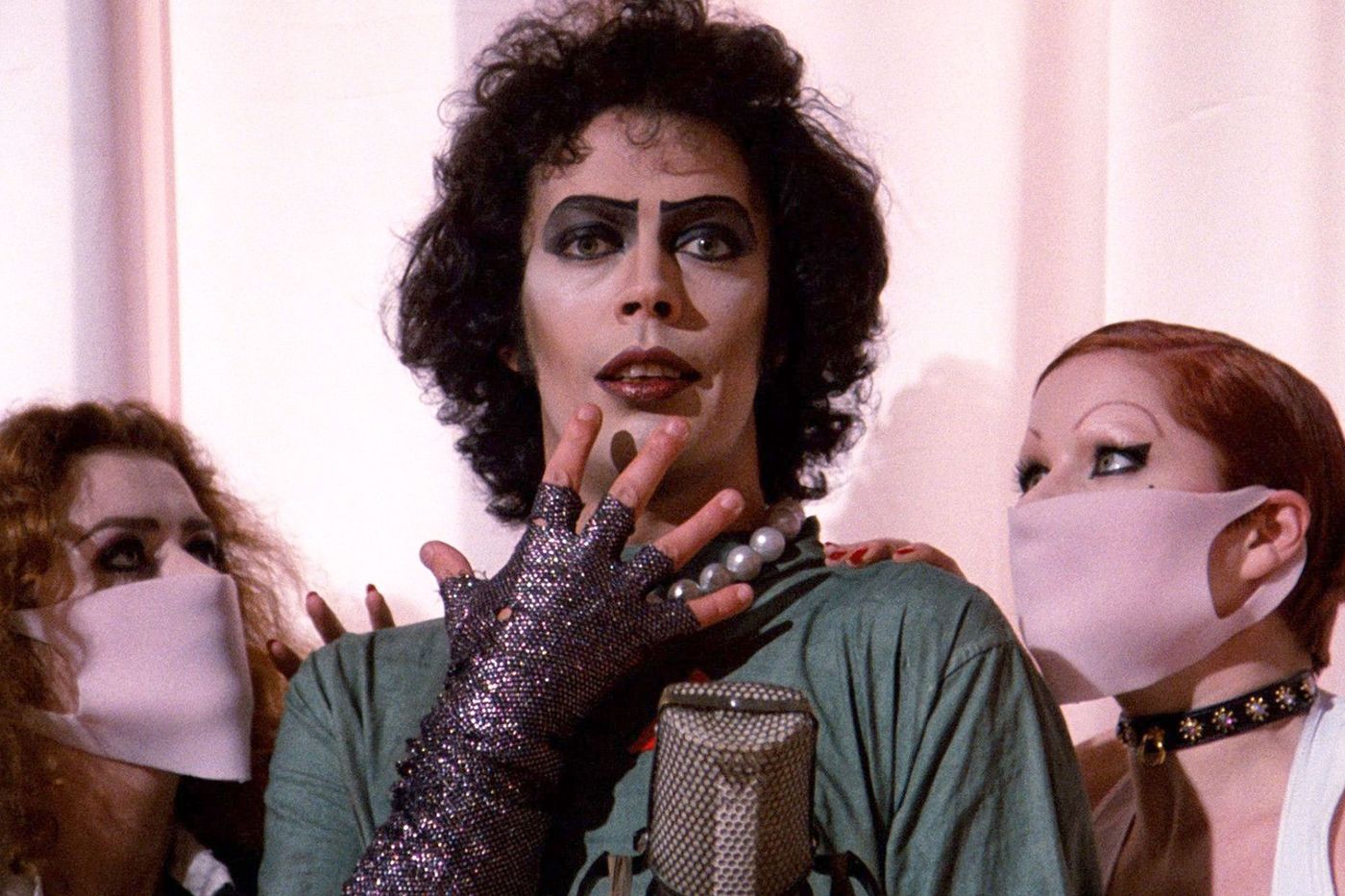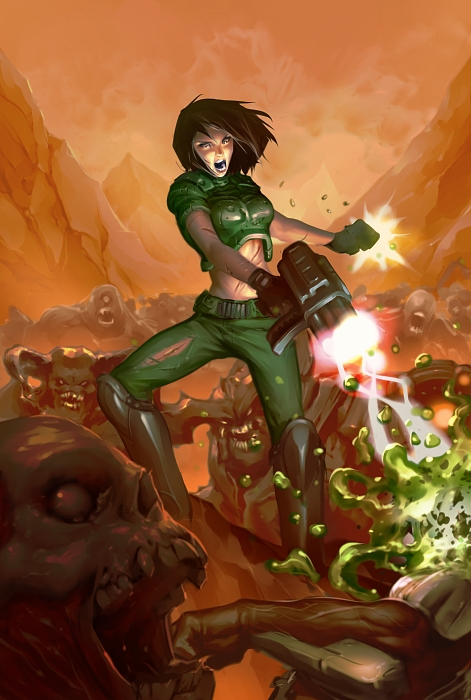This is what I’ve always said to people when it comes to things like respect
Respect isn’t earned it’s the baseline. You give everyone a base level of respect as the default and their reaction is what determines your continued level of respect.
It goes way, way deeper.
It’s the tit-for-tat strategy that is applicable in a very wide range of situations. And animals follow it too. It is deeply ingrained in our biology.
-
first time you interact with a new person, you assume they are following the same strategy, so you cooperate.
-
if they don’t, then next time, you don’t either. But if they do, then you both continue cooperating until someone breaks the chain of trust.
-
Once broken, the guilty party must make amends to restart.
-
If broken, but neither party acknowledges guilt, a restart can be tried, but it will always be difficult due to distrust. So it works better if one party takes the blame, makes amends and restarts. (this is called ‘being the bigger person’).
Upvote for mentioning tit-for-tat. There has been a lot of research on the iterated prisoner’s dilemma, and as I recall the winning strategy determined by many experiments showed that over time, the ‘nice tit-for-tat’ strategy gets the highest score. It may lose out in an individual interaction, but over time, sticking to it is the best long-term strategy.
However this does mean if one is a grifter and fully expects never to interact with the other (victim) party again… there’s less incentive to use such a strategy.
Indeed.
Which is why most people have an innate distrust and disgust of grifters.
I would even argue that our very deep disgust against grifters is the legitimate base emotion on which xenophobia is built and therefore xenophobia will always be with us and must always be actively unlearned.
(Racism, in contrast, is learned and can be eradicated by stopping it’s spread)
-
Word “respect” means two different things. One of them can only be earned, another can only be given.
What’s more, the part that can only be given is best described by trust. As in, the only way you can truly know if you can trust someone is to trust and find out.
In this context, the respect that is given - a regard for the others - is a baseline trust in a reciprocal valuation. The respect that is earned is the collection of outcomes that feed into others’ trust risk assessment.
Well said! Good reminder for why we punch fascists.
good point, but not a meme
Please post stuff like this in !actualsocialism@lemmy.dbzer0.com from now on
Not giving a shit about other people is a mental illness. Lack of empathy may be taught by several institutions, but it’s still morally wrong and against human nature. Cooperation is how our species survived.
At first, I saw this and thought I really needed my glasses, but once I got them… saw this image is heavily compressed. 🥴

Thanks, edited the post with the higher resolution image
No problem, always glad to help 👍
Whoa, if someone doesn’t abide by a social contract, it doesn’t apply to them? That is legitimately a scary thought. It feels a bit like saying if I break a law, the law doesn’t apply to me; but I would very much like the parts that shield me from abuse and unfair judgement, to still apply…
Also what is the universally accepted subset of human behaviors, viewpoints and identities that we should tolerate? It seems like an arbitrary line, in some ways, and if it’s an arbitrary line, it can be moved to exclude ever more people.
Playing devils advocate here, I don’t have a problem with, say, rejecting fascists and nazis whose viewpoints are destructive toward the kind of world I wish to live in. That’s simply being pragmatic.
If you violate the terms of an agreement you do not get the benefits of the agreement but that does not mean that you cannot be punished.
Laws and social contracts are different things. A social contract is often only enforced by the option of its withdrawal. Another example is covering shifts at work. If a colleague asks you, and you always refuse, you then can’t complain when they refuse, when you ask them. The social contract is “You bail me out, and I’ll bail you out in turn.”
A lot of social contracts are implicit in our cultures. They take the form of “respect” or “courtesy”. In fact, many are good examples of “enlightened self interest altruism”. You do something altruistic, with the understanding that, if needed, others will do the same for you in the future. E.g. I support having a strong income safety net, financed by taxes (including my own). I never plan on relying on it, but support it because I hope something would catch me if I ended up in trouble. (I also support it because I consider it a good thing, but that’s only my internal feelings on the matter)
The paradox has never been a problem. This is just another way to frame it
It’s like saying ‘you might think this engine is broken since it can’t run on the water that it is filled with, but if you simply remove the water and replace it with petrol suddenly the engine is fixed.’
The post seems to approach the paradox as if it meant to show that tolerance is inherently broken when in reality it just points out the possibility of problematic aspects if incorrectly applied, like in the above where it is obvious the engine itself was never broken. The paradox doesn’t disappear, it simply doesn’t apply to that particular application.
The main idea from OPs post is often ascribed to Yonatan Zunger as some huge revelation, but really this idea has been about for quite some time as its not exactly hard to come up with. For example, K. R. Popper 1945, and E. M. Forster 1922 both wrote about this.
The paradox has never been a problem for you.
Some people find the paradox of tolerance to be unhelpful because it seems like it’s making an excuse for intolerance. And to be fair, the paradox phrasing doesn’t provide hard boundaries - intentionally, I think, since the extent to which a statement is intolerant can vary - and intolerance in response to it should be commensurate. But for people who tend towards black and white thinking, it can be a problematic explanation.
The social contact version is much more clear cut: the metaphor of contract law is binary, and contains the image of the neutral “judge” which is helpful for black and white thinkers. A person either is it is not in breach of contract. It lacks nuance, which is good and bad.
Essentially, the core idea is the same: tolerance is the expected foundation; intolerance is abnormal and not ok. But whichever expression works for you is probably better.
Editing to add: the contract version, with its appeal to the Law and judges etc, is objective, which is helpful; the subjective nature of the paradox means that it can be weaponized - and it is, often. Tho to be fair the people who would weaponize it would probably weaponize either version - as it has been, multiple times in this very thread.
For me? Yeah sure, but that’s irrelevant and not the case of my comment.
What I meant is that the paradox doesn’t mean that the concept of tolerance is toppled by the paradox existing.
But your exploration of the topic is spot-on. This post is an additional way to describe it and it seems to be more approachable to many, so great
Right this is just adding another layer to the same concept.
Adding, and then insisting upon, the existence of a social construct, doesn’t negate the existence of the original paradox.
Of course if we all agree to play by the same rules, those rules make more sense. That’s kinda the point.
The paradox is about what happens if some people refuse to accept those rules. Then it all falls apart.
I like it as long as the social contract is made clear. The problem is a social contract is basically a set of rules people have consented to “explicitly or tacitly” in order to participate in society.
So while this is good in situations, like people taking offense when someone uses a racial slur in a city.
It could in theory be bad, like practicing an unpopular religion in a rural town.
It is easier than that. Rejecting violence is only possible when collectively agreed upon, since after all everyone has the capacity for violence. When someone breaks this agreement, referred to as the social contract, they incite violence upon all. Being the target of violence after causing it is natural. The hard thing is recognizing that there is such a system in place all the time, namely the state’s monopoly on violence, which has to be treated with the utmost care else risk the total decimation of social structure.
deleted by creator
It is moral to follow the contract, but tolerance itself is not inherently moral. The contract is.
Lefty memes? More like loser memes. God bless amen
I don’t know why I am so helpless to resist putting energy into things that make me so unhappy, but I am. I will mention an example to explain why I feel this is inconsistent, and then condemn the ideals behind the paradox.
By no means was India under a social contract with the colonialist British Raj. The British Raj was created using forceful means.
India did not gain swaraj by professing violence when the British intimidated them. Nor when they British rode over them on horses. They gained swaraj through non-violent resistance. The successful party tolerated outrageous abuse without violence. And won their social contract.
The Paradox of Tolerance suggests the only means of combating violent intolerance is through the same intolerance.
I cannot agree. This is no different from saying, “A violent dog may only be stopped by a violent dog.” The people who follow such dogma devolve into organizations such as Hamas. Hamas is right to resist their intolerant neighbors. Certainly. Absolutely? Even through violence against civilians?
One sentiment in this thread cut close to this issue, which I will paraphrase. “Anyone who passively supports intolerance is also intolerant.”
Such an ideal supports violence, as each side believes they are justified in causing ever higher counts of casualties, “To remove the intolerant.”
Violence for violence. Hate for hate. There is no end to intolerance, ever. Not through tolerance, not through discourse, not through genocide of the intolerant.
The end of a violent dog is through careful restraint and gentle care, but there will always be violent dogs. Violence is a short term dirty bandage, followed by rot, followed by excision. Only care can help heal a wound.
The paradox is almost right. The end to tolerance is… intolerance.
Forgive me for intruding upon your morning, I wish you a pleasant day.
I’m glad you put the effort in, it’s the only way humanity can improve upon itself.
I agree with what you’ve said and think this graphic agrees with you as well. I don’t believe it implies that violence should be used against the intolerant but rather that action should be taken to remedy intolerance.
However I do see what you mean, as it’s phrasing doesn’t preclude violence either and could be further refined to highlight that point.
- Not a meme
- Melted my brain trying to read and comprehend it
It’s a literacy pair of dogs.
Gute reminder due why we eat the rich.













